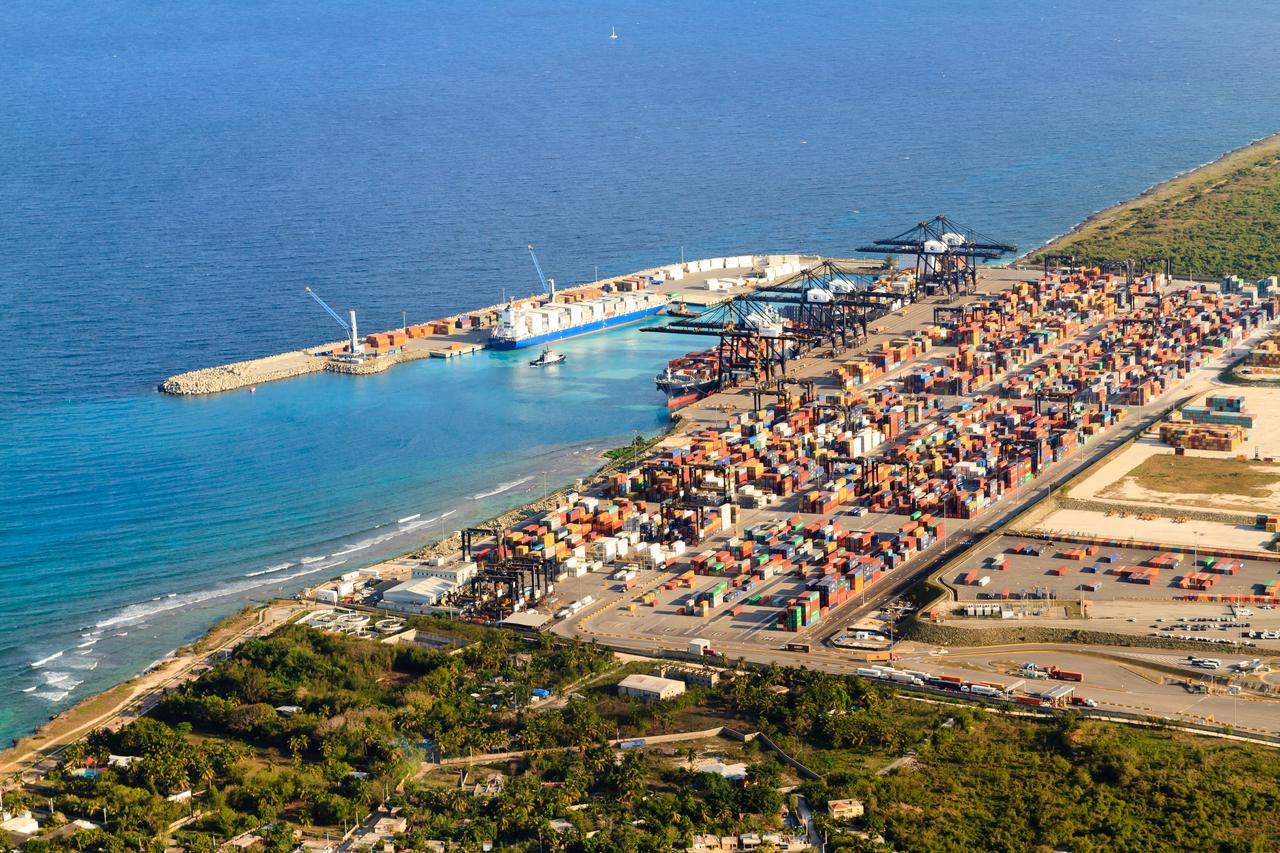Understanding the intricacies of a Port Community System (PCS) is crucial for anyone involved in port operations and logistics. This advanced electronic platform serves as an essential tool, connecting various existing systems and databases from distinct companies and organisations.
The primary objective of a PCS is to facilitate secure and intelligent data exchange within the port network. It can be operated by public, private or hybrid organisations under the leadership of a board comprising members from the port community.
A wide range of stakeholders play significant roles in a Port Community System. These include users sending information such as shipping lines, customs brokers, inland terminal operators; alongside official entities receiving this data like port managers and customs authorities.
This post will explore how PCS enhances efficiency in port operations while also highlighting its benefits, challenges faced during implementation and the role of digital innovation through PCS.

Understanding Port Community Systems
A PCS, or a Port Community System, is essentially an open electronic platform. This system links the unique systems and databases of multiple organisations and companies. The primary goal of this port community process is to enable secure operational data exchange that is intelligent within the network associated with ports.
A PCS can be managed by public entities, private ones, or even a mix of both sectors. A board comprising directors from logistics communities and ports generally oversees its operation - ensuring every decision aligns perfectly with industry best practices as well as standards.
The incorporation of such efficient centralised ecosystems significantly enhances operations' efficiency across terminals supply chain in general cargo systems while connecting customers seamlessly, CARGOES Port Community System and other solutions on the market, pave the way for real-time communication between various stakeholders, including customs brokers involved in activities related to the port - thereby simplifying organisational networks seamlessly connected via fulfilling requirements imposed by customs effortlessly.
The Role of Stakeholders in Port Community Systems
Within the efficient centralised ecosystem of a port community system (PCS), stakeholders play pivotal roles. They can be categorised into two primary groups: those dispatching information, and official entities on the receiving end.
Users Sending Information
In this dynamic cargoes PCS environment, certain participants such as shipping lines, customs brokers, and service providers form an integral part, seamlessly fulfilling customs requirements by supplying vital data for operations. Their contribution helps transform how we understand market disruptor cargoes PCS transforms through their consistent provision of accurate information to the system.
Official Entities Receiving Information
The second group encompasses recipients like port managers or authorities who utilize this valuable data to streamline terminal supply chain processes within ports. The seamless electronic platform provided by a PCS ensures optimal communication between these parties, enhancing overall operational efficiency in freight forwarding ports.
Benefits of Implementing Port Community Systems
The advent of port community systems (PCS) has unlocked a new era in the world of terminal operators, shipping lines, and customs brokers. The PCS acts as an efficient centralised ecosystem that facilitates seamless data exchange among stakeholders, resulting in streamlined operations.
This digital transformation brings significant advantages such as reduced waiting times for cargoes within ports - a salient problem impeding supply chains previously. This is made possible through simplified organisational networks seamlessly connected via PCS platforms.
Beyond time efficiency, enhanced cargo visibility emerges as another key benefit from implementing these innovative systems. With improved transparency across freight forwarding ports or general cargo system management processes comes superior decision-making capabilities and operational accuracy.
In essence, embracing this market disruptor transforms traditional port operations into dynamic hubs where service providers can effortlessly fulfil customs requirements while boosting overall productivity.
Digital Innovation in the Port Sector through PCS
Port Community Systems (PCS) are at the heart of digital transformation within the port sector. These systems embody innovation, bolstering operational efficiency and a competitive edge.
A well-deployed PCS, such as CARGOES PCS promotes seamless collaboration among various stakeholders, thus simplifying processes across ports. The elimination of redundant tasks, coupled with reduced paperwork, results in smoother transactions facilitated by this market disruptor, PCS transforms.
The latest technologies, such as AI, IoT and Blockchain, are being utilised to simplify cargo handling processes, enhance safety protocols, facilitate communication between participants and speed up customs procedures. This leads to a surge in terminals' supply chain management efficacy while also seamlessly connecting customers more effectively.
Challenges Faced While Onboarding Stakeholders for PCS
The journey of integrating stakeholders into a Port Community System (PCS) can be fraught with obstacles. These typically manifest as resistance to change, technological barriers and insufficient understanding about the benefits that come with adopting this efficient centralised ecosystem.
Overcoming Resistance to Change
A key challenge when onboarding stakeholders for a PCS is their potential aversion towards change. This could stem from an inherent wariness of new technology or reluctance in altering well-established operational processes within the PCS.
In order to counteract this, it's vital to highlight the long-term advantages brought by these changes such as improved service monetisation and seamless fulfilment of customs requirements. Additionally, providing comprehensive training sessions can help familiarise users with the new systems thereby reducing any apprehensions they may have regarding its use.
Bridging Technological Barriers
Furthermore, there might exist technological impediments during implementation of a PCS due to compatibility issues between existing enterprise services used by various players like shipping lines NVOCCS and BCOs among others, along the terminals supply chain and the proposed port community process platform which has potential market disruptor capabilities .
This necessitates investment in robust infrastructure ensuring not only compatibility but also scalability catering future needs effectively transforming salient problems impeding supply chains currently faced.

The Future Of Port Operations With CARGOES PCS
Visualising the future of port operations, it becomes evident that a proficient and dynamic Port Community System (PCS) will be at its core. CARGOES Port Community System provides an efficient centralised ecosystem, to redefine stakeholder interactions, fostering improved processes and heightened operational efficiency.
An integral part of this transformation lies in connecting customers digitally. Innovative technologies such as artificial intelligence or blockchain could play a pivotal role here by enhancing data exchange within the customs community system. A prime example would be DP World, one of the leading global port operators already harnessing these cutting-edge technologies for their operations.
Beyond this, establishing a simplified organisational network seamlessly connected can address some salient problems impeding supply chains today. By creating an environment where information flows securely among all users - from freight forwarding ports to service providers like customs brokers - PCS has immense potential to revolutionise market disruptor cargoes pcs transforms globally.
Towards a digitised tomorrow
Port Community Systems are the future of port operations. They're open, electronic platforms that connect various stakeholders in a port environment.
This digital innovation is transforming how ports operate and compete globally. It's all about data exchange, efficiency, and improved cargo visibility.
CARGOES PCS is designed by industry experts to provide a seamless end-to-end service from liner to gate. Reduced waiting times at ports, increased operational efficiency, and better coordination among all stakeholders. Despite the potential advantages, transitioning to new systems can prove difficult, therefore we provide exceptional levels of support before, during and after implementation.

